|
|
||||||||||
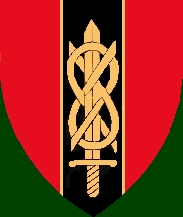
|
Provost School Inleiding - Introduction "He should be a lover of justice, impartial in his dealings, and free from the transportation of passions; he should have an ear that could contemptuously beat back, not furiously drink in,.slander and railing language; he should have an eye that could gaze on all objects without winking and a heart full of discreet compassion, but not touched with foolish or melting pity." Who is this paragon? Troopies today might not wholeheartedly agree, but according to Francis Markham, writing in 1662, these are the attributes of a Provost Marshall, forerunner of the "Redcap," the military policeman. And Napoleon, who could be trusted to put military matters more tersely, once said: "You cannot have a good army without a good police force within." Police duties and the enforcement of discipline, however, are not the sole responsibilities of the M.P. today. Traffic control during battle has become a vital task ever since the confusion of trench warfare in Flanders, when commanders came to realise the importance of a free flow of movement to the rear of the fighting. South Africa's first Military Police unit dates back to this period and was at first attached to the Zuid-Afrikaanse Berede Schutters (Z.A.B.S.) later to the S.A. Field Artillery. The Military Police Corps was founded in 1938 and members served with distinction in Africa and Italy, notably during the famous rearguard action at the Agliei Pass during the retreat to Tobruk, when an M.P. unit was attacked by German tanks, artillery and aircraft, losing 7 dead and 7 wounded, yet made it back to the garrison with 41 prisoners of war. Today South Africa has a fully fledged Military Police Training School and the Corps manages its own affairs by way of a directorate. |
|
|
|
|
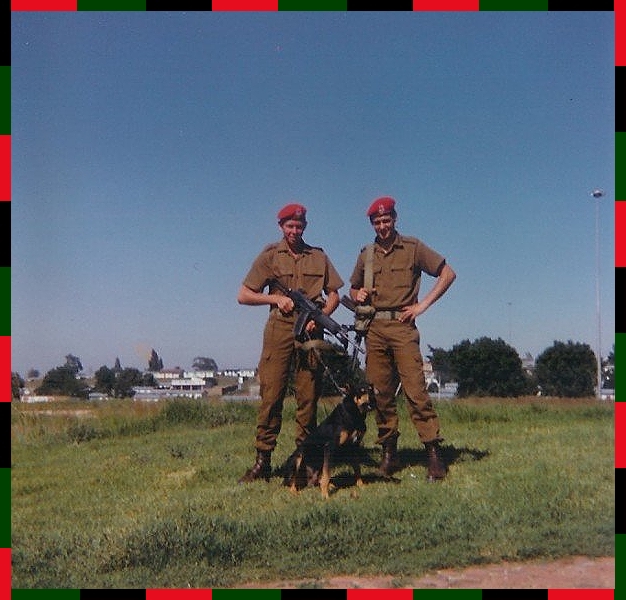 |
|
|
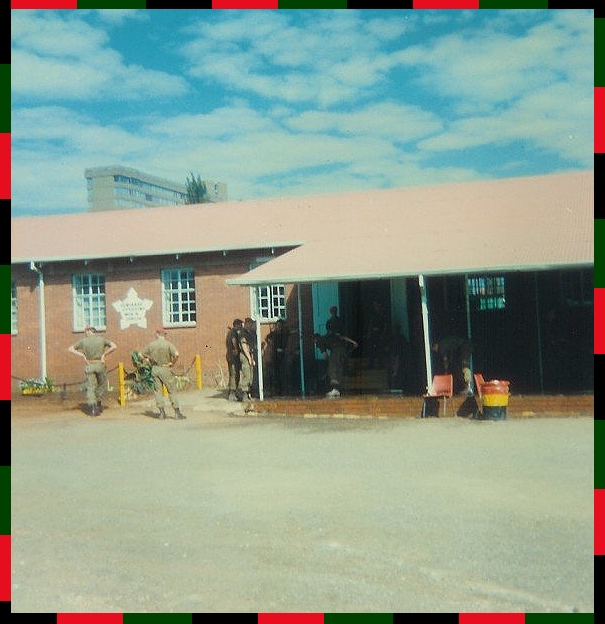 |
|
|
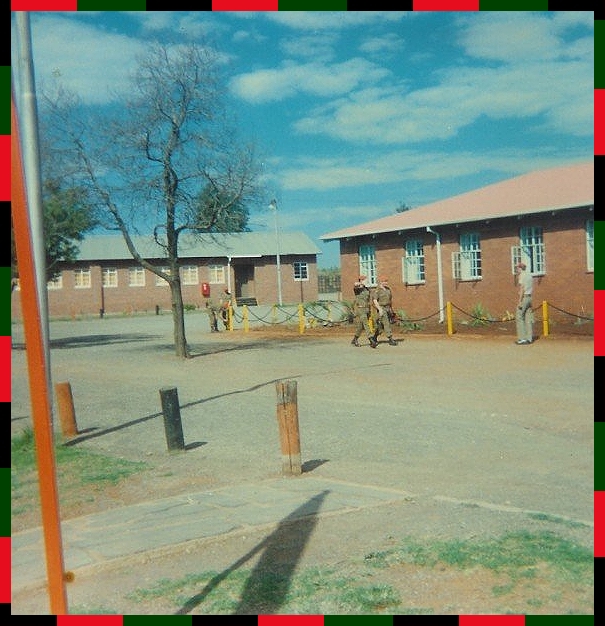 |
|
|
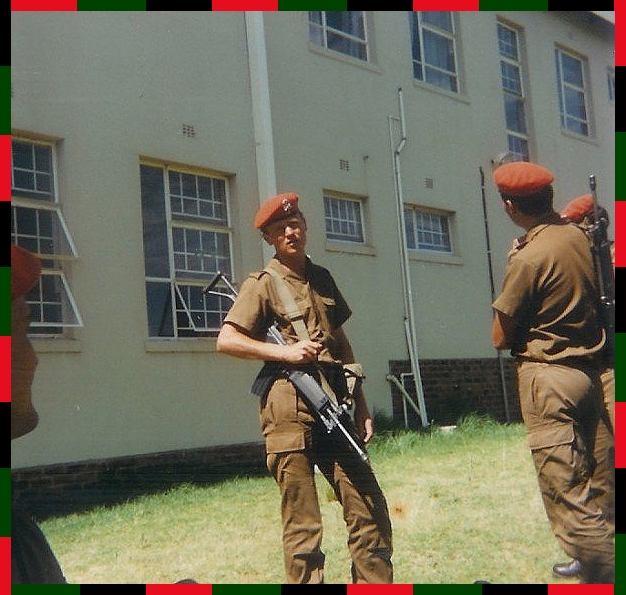 |
|
|
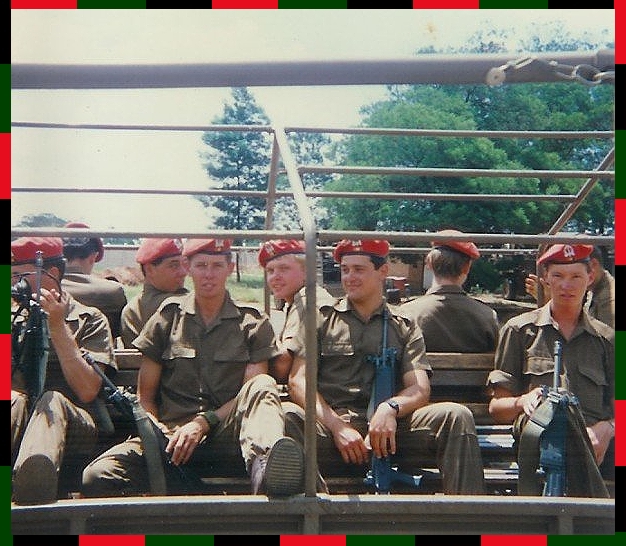 |
|
|
|
|
||||||||||